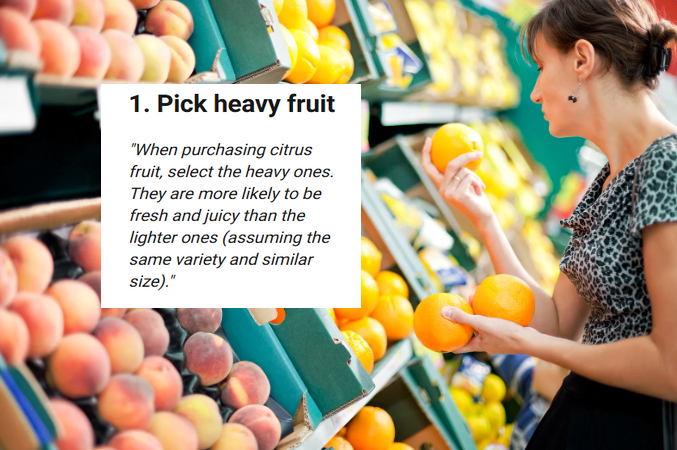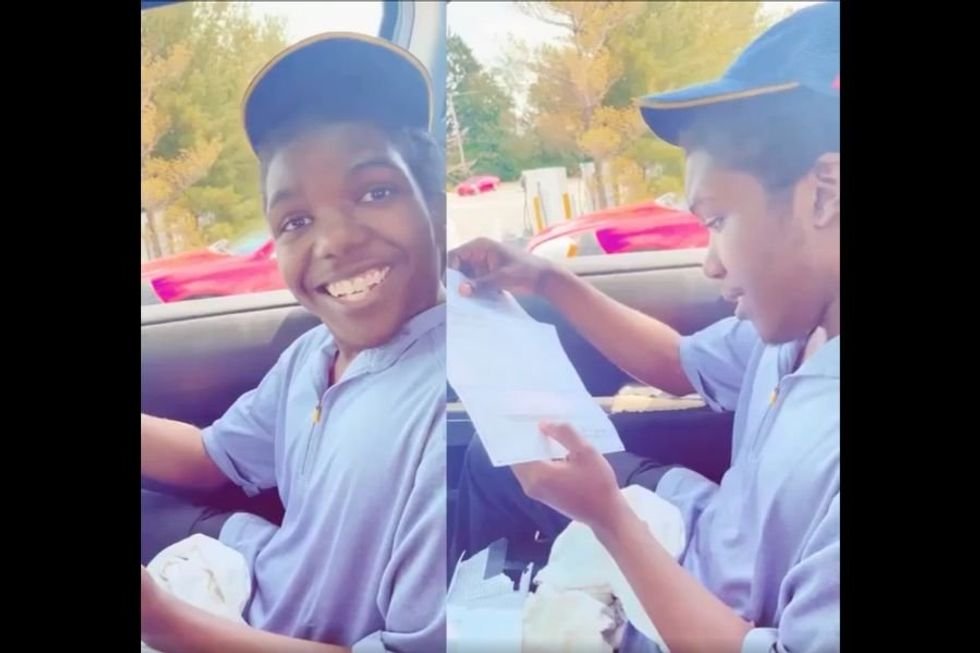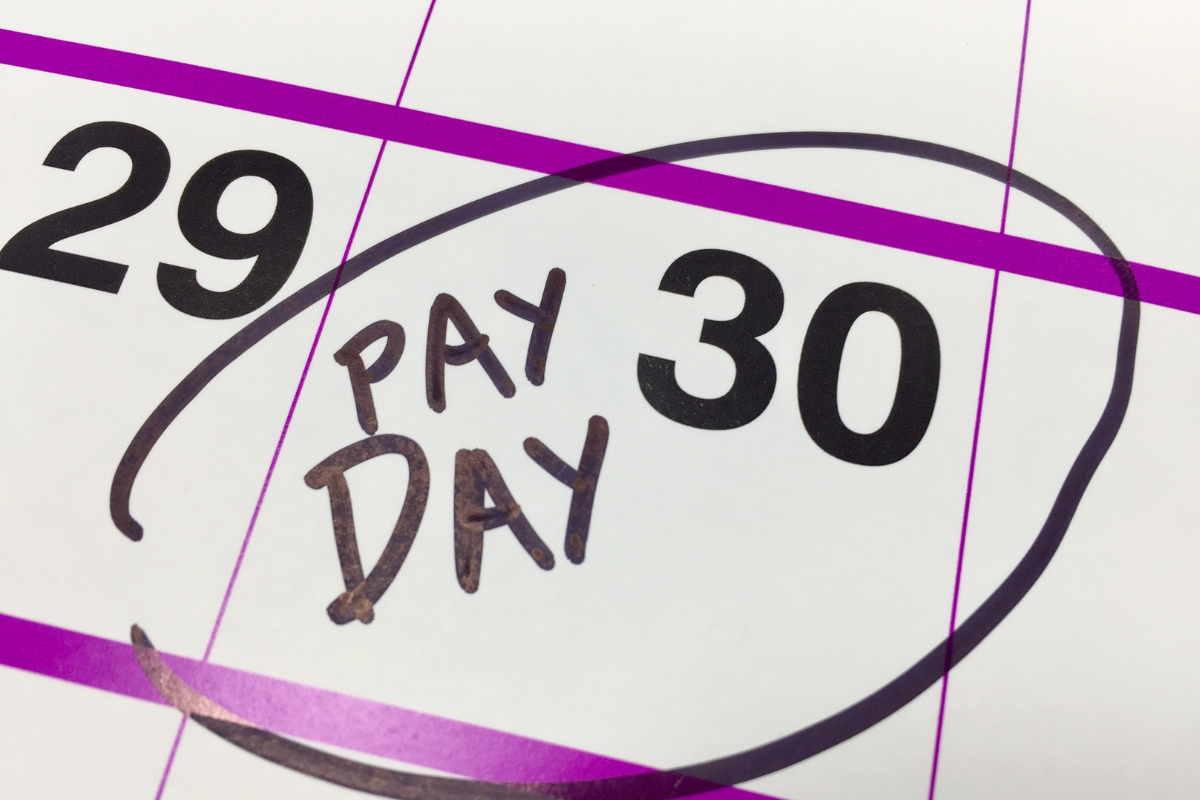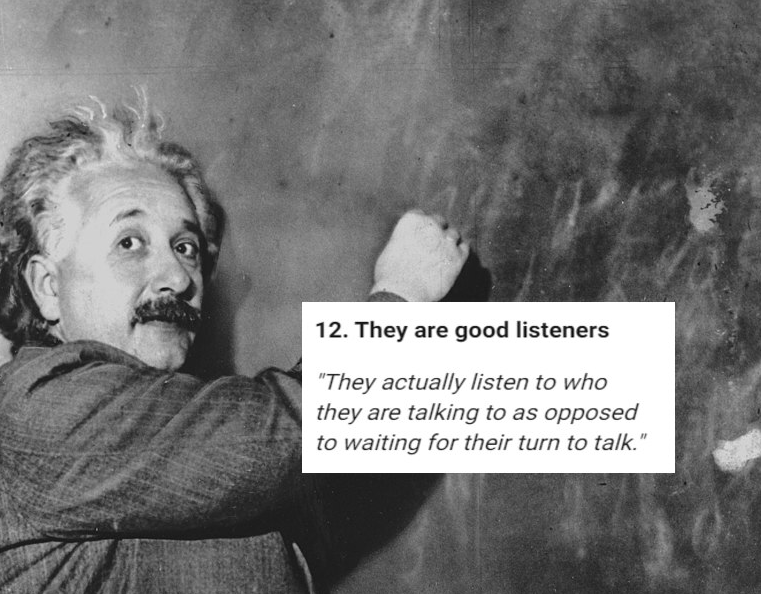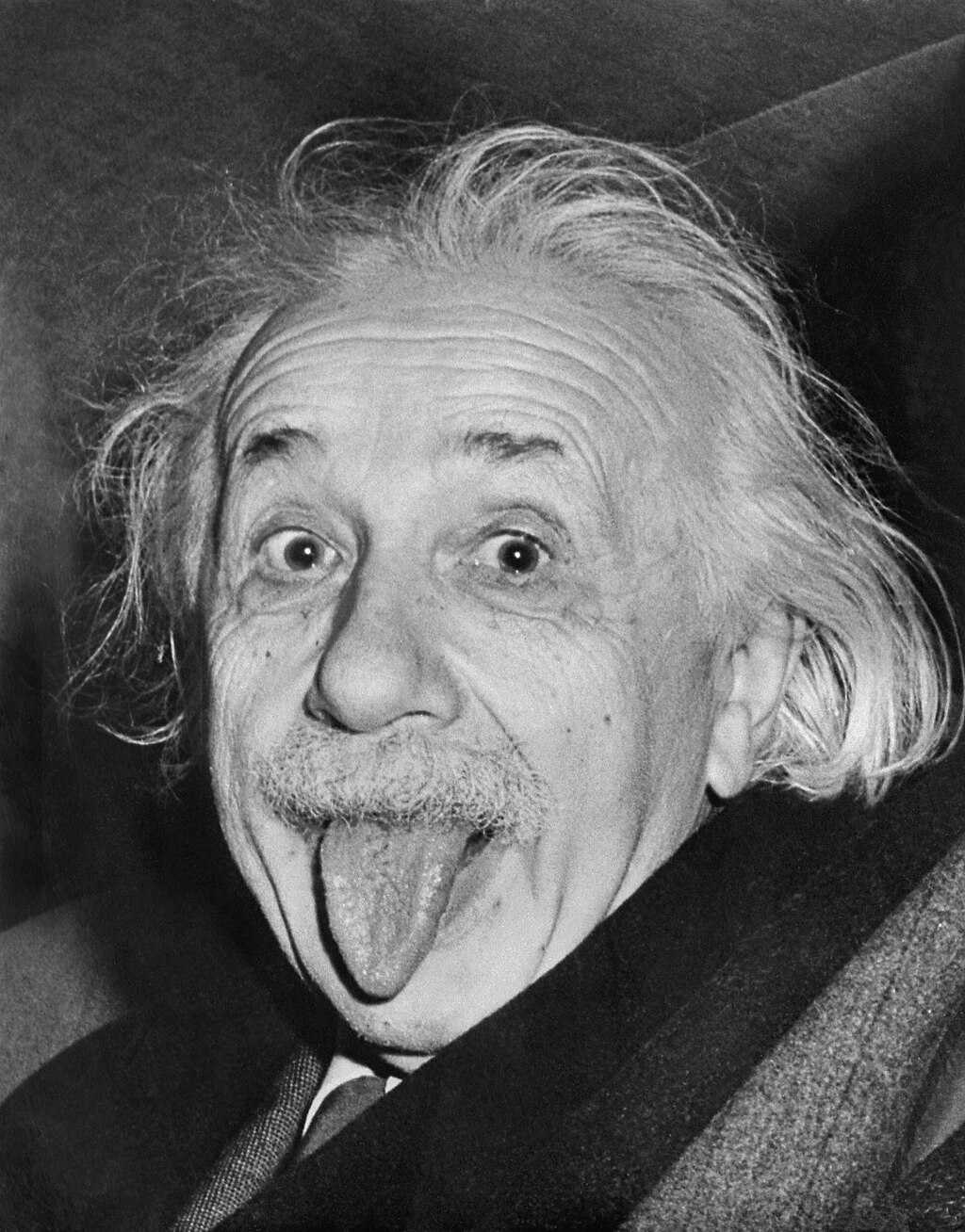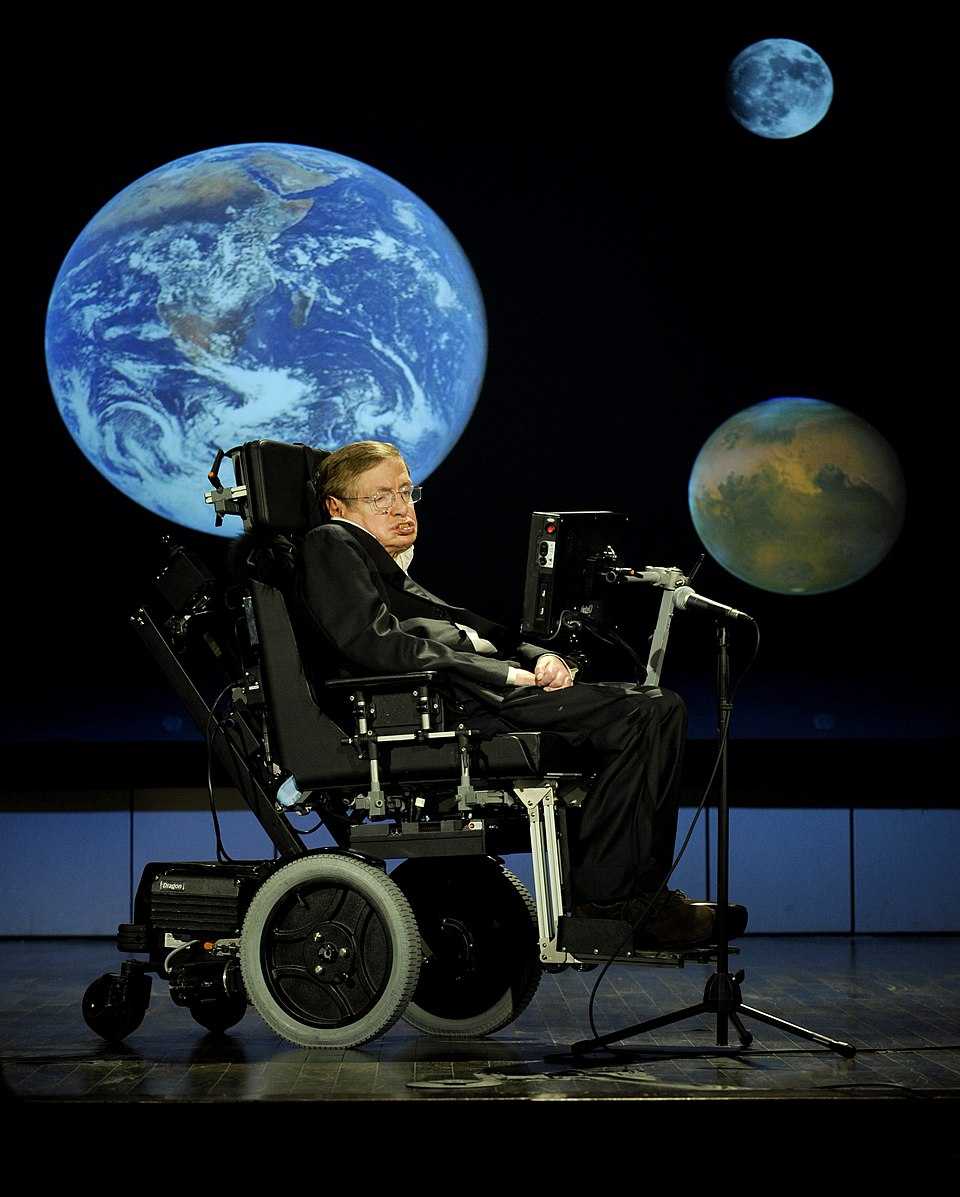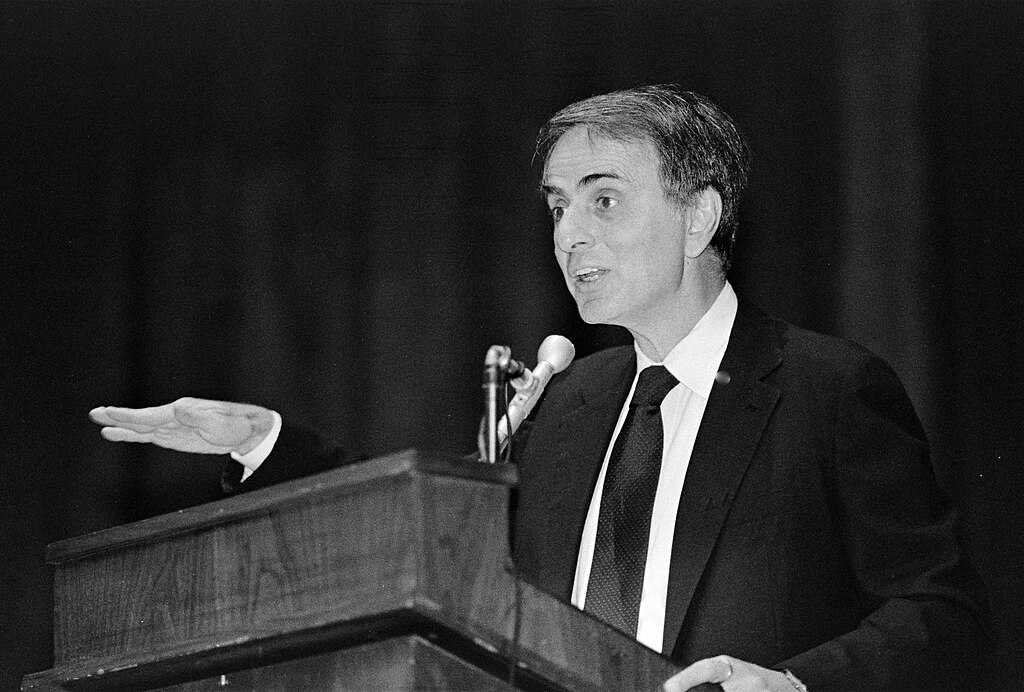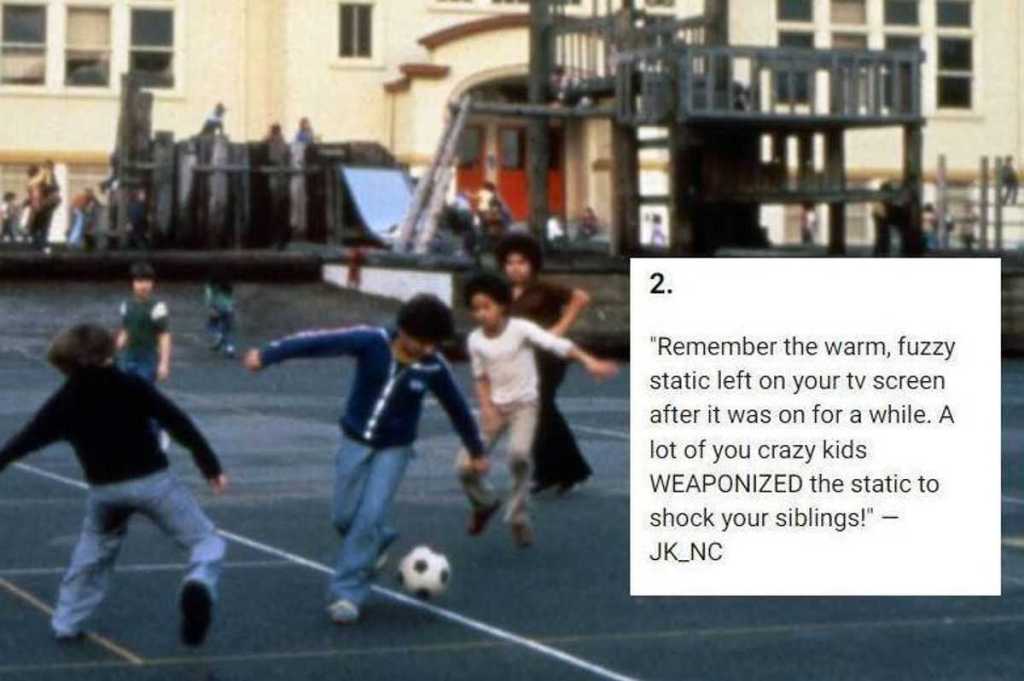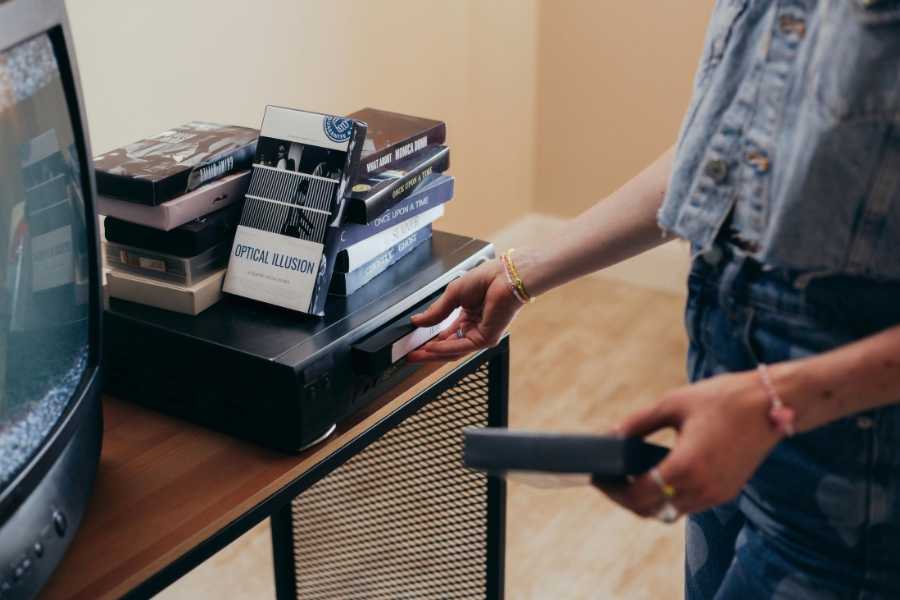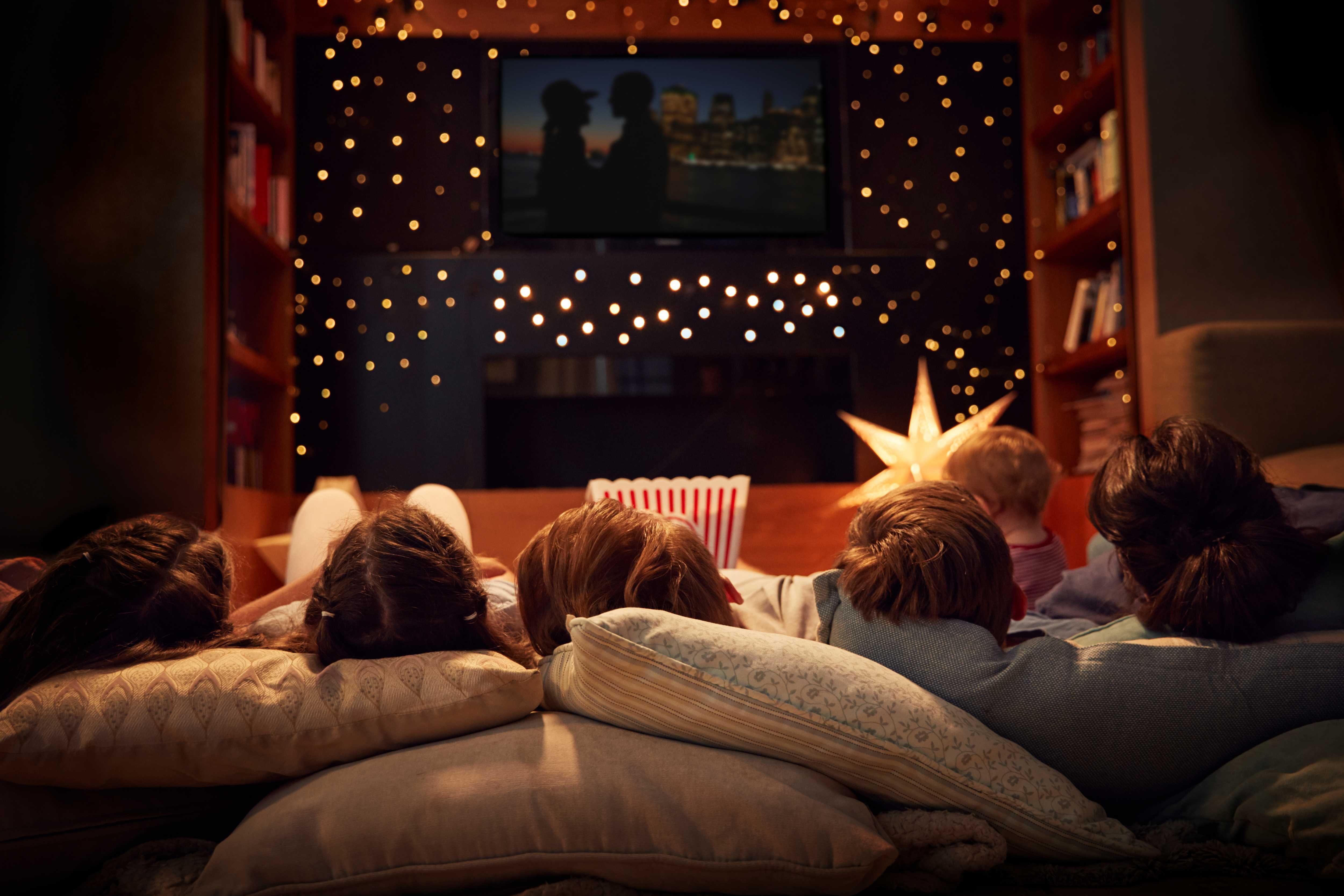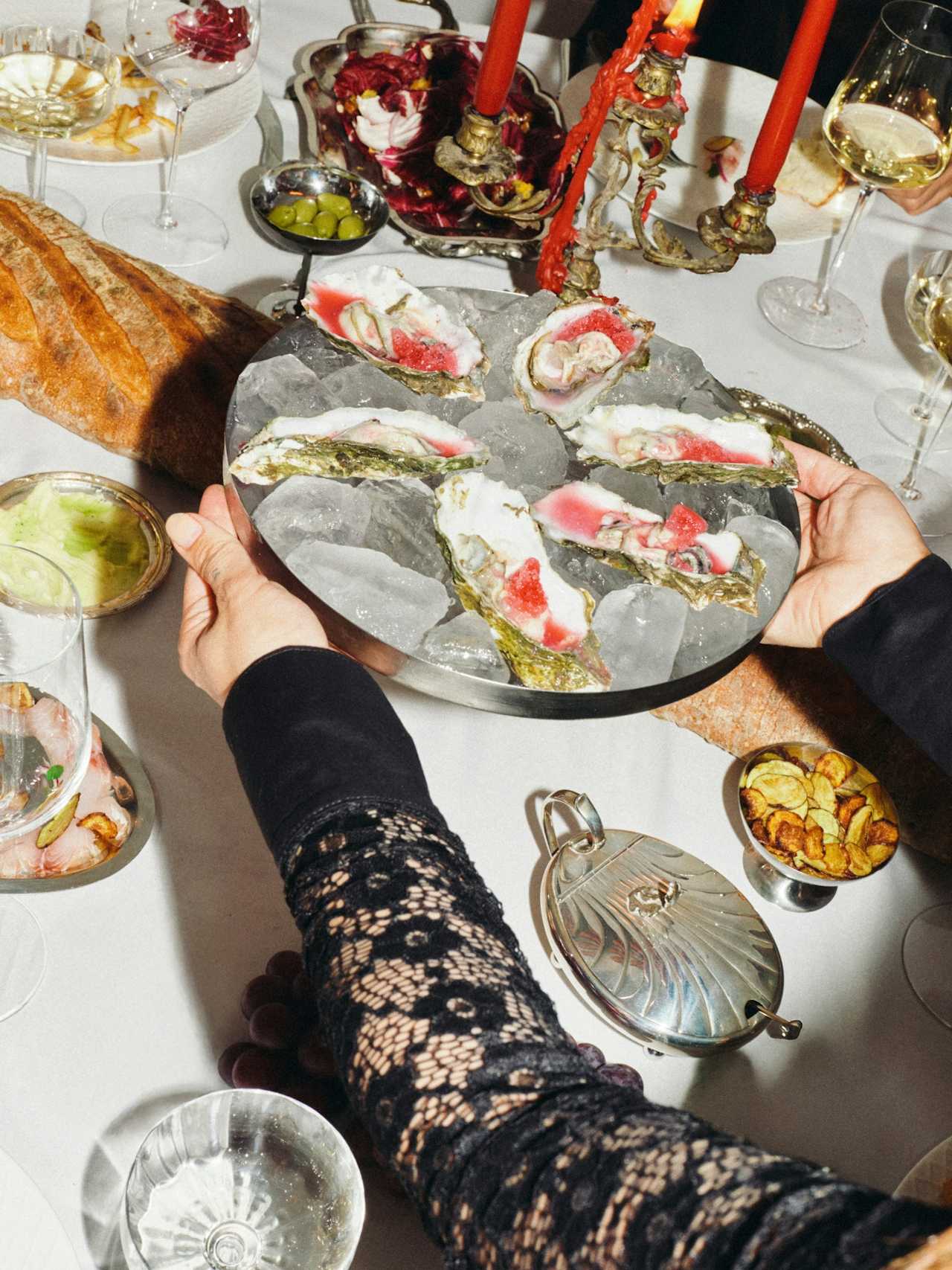The Internet is a place of creation and destruction. It’s where people come together to share ideas and collaborate to make a better world. It’s also the destination of choice for those who like to sow chaos and contribute to the gradual unravelling of civilized society. In this article, we aim to focus on the positive side of the Internet by sharing one of the newest rounds of life hacks, which are seriously simple ways to make your life easier.
Tech writer Danny O’Brien coined the term “life hack” in 2004 to describe software-related tricks that developers used to make their lives easier. “Modern life is just this incredibly complex problem amenable to no good obvious solution,” O’Brien told Lifehacker in 2005. “But we can peck around the edges of it; we can make little shortcuts. And once you point out that everyone does that, once you coin the term, it’s really easy to pile a whole of lot of shared behaviors into one neat pile.”
Reddit is always a great place for people to share their latest and greatest life hacks. Recently, a user asked people to share the ones that are “so good, you can’t believe other people don’t know them.” The responses didn’t disappoint. They covered everything from time-saving keyboard shortcuts to how to pick the best orange at the grocery store. We combed the list to choose the best 17, and here they are:
17 lifehacks that are so great people can’t believe everyone doesn’t know them
1. Pick heavy fruit
“When purchasing citrus fruit, select the heavy ones. They are more likely to be fresh and juicy than the lighter ones (assuming the same variety and similar size).”
“I learned from Alton Brown to pick the fruit that feels heavier than it looks. Means it’s more dense. Hasn’t failed me yet!”
2. Dental trick
“Dental tablets – like the ones that dissolve to clean dentures – clean out water bottles incredibly well. Can be super lightweight to carry while camping/hiking/traveling too. Put all my friends onto this hack!”
“Have been using them for decades for cleaning anything that’s not easily cleanable. And since it’s made to clean third teeth you can use it without worry for anything that touches food.”

3. Clipboard history
For people who work on Windows computers, hit the Windows key and V at the same time. Instead of pasting, it opens up your entire clipboard. Once you enable it, it will save a history of what you copy, and you can pick and choose.”
“I have worked with computers for decades and just tried this. I cannot believe I didn’t already know how to do this. Thank you random internet person!”
4. Magic delete
“Instead of hitting backspace 10x when you misspell a word and want to retype it you hold control and when you backspace it deletes the whole word.”
5. Proven stress reducer
“Minding your own business really does reduce stress.”
“Honestly, just leaving social media behind in the dust can be amazing for your soul.”
6. Latex for pet hair
“A wet latex glove in circling motions extracts all the pet hair embedded in your couch’s upholstery into neat little balls that you can easily collect and discard.”
“Tbh you don’t even need to get it wet. The friction and static clump everything together. I work as a dog groomer and at the end of every work day, I throw on a glove and just start going to town on any fuzzy surfaces.”
7. Two checking accounts
“Having two checking accounts. One for bills, one for spending. Total up all of your monthly bills and divide by how many paychecks you get in a month. That amount (plus a little more for fluff) should go into the bills account. The rest is for saving or spending and goes to the other account. Never keep the debit card for the bills account with you. That money is NOT for fun times!”
“I have not had a single money issue since I started doing this. Should be way higher.”

8. The hiccup cure
“If you have hiccup or sidestitch (running), you can rid of it by exhaling all the way till you have no more breath and then hold it for a few seconds.”
“For hiccups, I usually take really deep breaths and hold them. I guess either way is pretty much just stimulating the diaphragm, which helps stop the hiccups.”
9. The trick to being a great listener
“Do you want to vent or do you want advice?”
“We’re on the same team. It’s you and me vs the problem, not me vs you.”
10. Unzip zip ties
“You can loosen zip ties by pinching the side of the block with pliers.”
“Alternatively, you can also push a pin or small flathead screwdriver under the tab to lift it and then let the zip tie out that way without damaging the block.”
11. Lettuce that lasts
“Wrapping lettuce in aluminum foil makes it last for a month.”
12. Brag your way to the top
“Work pro tip, particularly if you are in an office/corporate environment: Just doing your work silently isn’t enough. There is a reason those most vocal are usually who get promoted. It might be unnatural, but you need people to know the work you’re delivering. You have to be comfortable humble-bragging to keep climbing.”
“Can confirm. Have talked myself through many promotions all the way from the floor to a director position. I guess I have to do some actual work soon though… meh, let me go see who’s by the coffee machine now. It’s been five minutes after all.”
13. Meditation is peace
14. Get moving

15. Enliven your leftovers
“Using a slightly damp paper towel to cover food when you microwave it. Prevents it from getting dry and retains more flavor.”
“Also, if you’re reheating leftovers and don’t want them to be soggy from the microwave, put them in the Air Fryer for 5 to 7 minutes. Works well for French fries, chicken wings, spring rolls, etc.”
16. Revolving credit
“I have one credit card that is used exclusively for recurring bills, and it never leaves the house. It’s also set to autopay, so I never have to think about it.”
17. Don’t worry about what you can’t control
“Stop allowing things you can’t control to live rent-free in your head.”
“A very helpful trick I learned for when anxiety is making me ruminate at night is to pick a random shortish word, preferably with nonrepeating letters (ex, “blue”). Take the first letter of that word (B) and just start listing any and all words you can think of that start with that first letter. When stuck, move on to the next letter (L) and start listing those words. If you make it to the end of your word, start over with a different word and eventually your brain gets bored enough to let you fall sleep lol. I can usually go from high anxiety to dead asleep within a few minutes and most often before I finish my first word, so it might be worth a try! Bonus: there’s nothing to learn or practice for it to work since it’s just listing words 🙂 hell, it even works if you misspell your base word lol.”
This article originally appeared in May.


